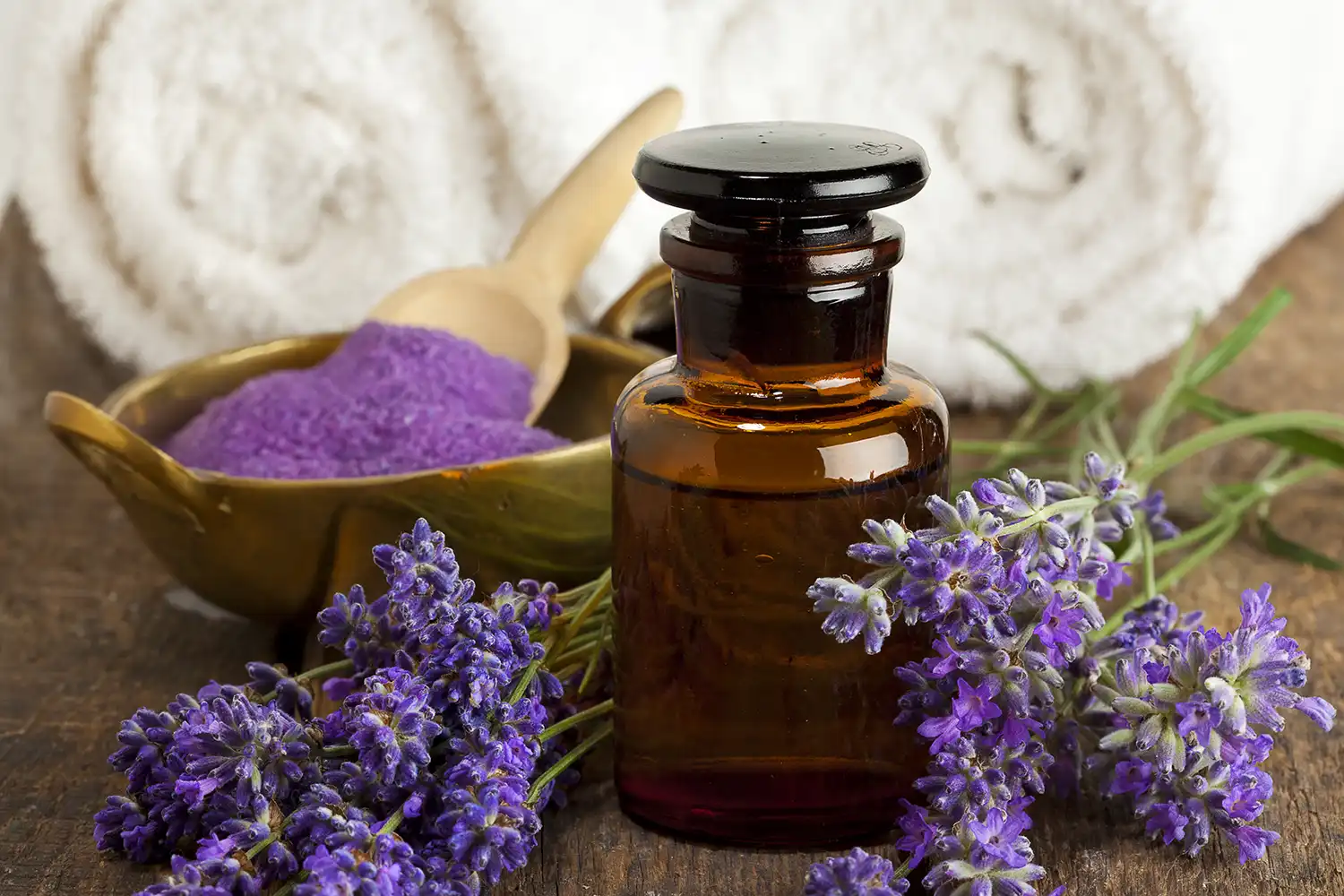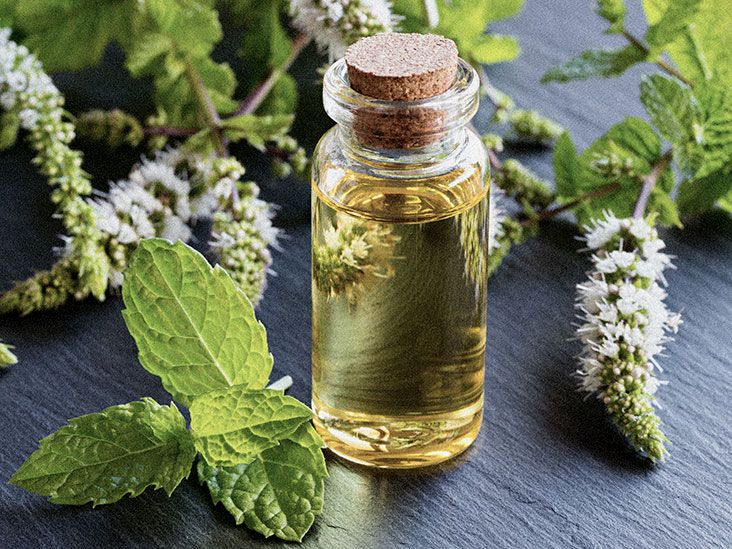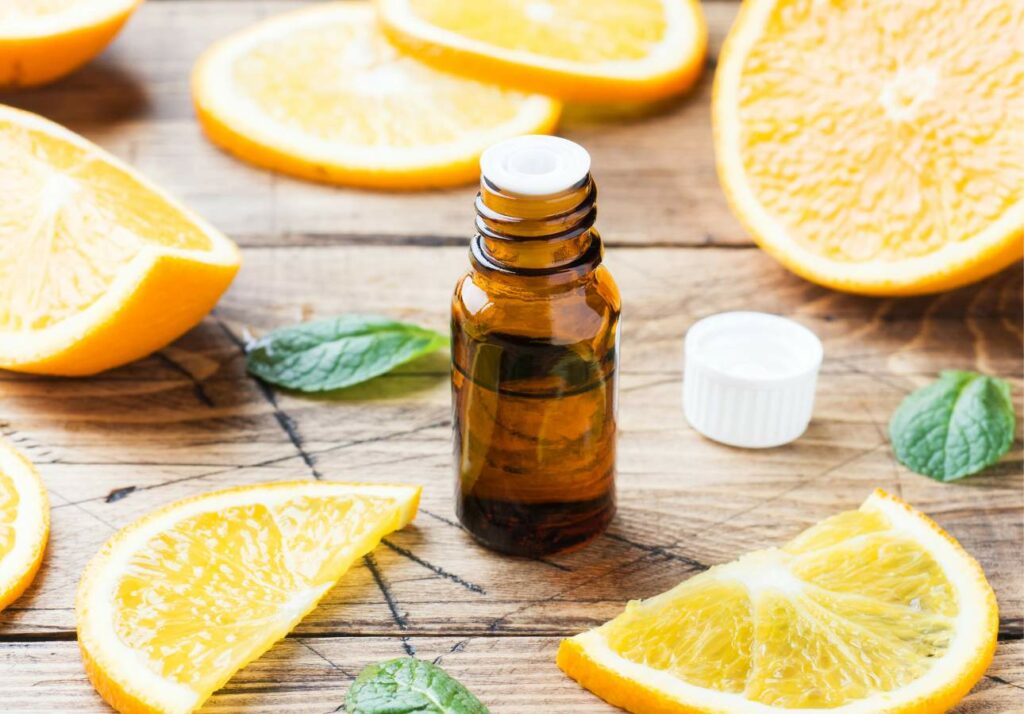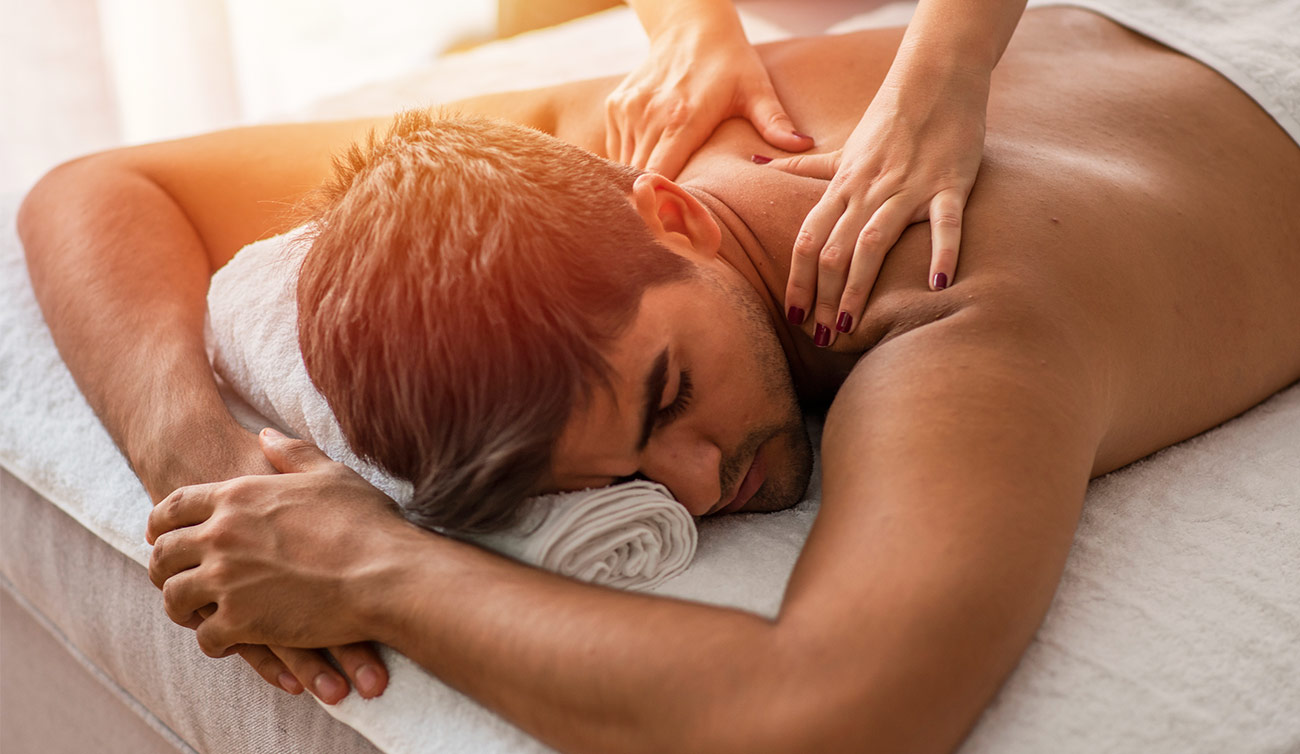The Science of Aromatherapy: Essential Oils for Health and Wellbeing
Welcome, fellow seekers of wellness and enthusiasts of the natural world! Today, we embark on a fragrant journey into aromatherapy, a realm where science meets nature, and where the essence of plants holds the key to health and wellbeing.
What exactly is aromatherapy? Aromatherapy is the art and science of utilizing aromatic plant extracts, commonly known as essential oils, to enhance physical, mental, and emotional health. It’s not just about pleasant scents; it’s about harnessing the therapeutic properties of these oils to promote balance and harmony within the body and mind.
Picture this: you walk into a room suffused with the sweet scent of lavender, and suddenly, your stress melts away, your muscles relax, and you feel a sense of calm wash over you. That, my friends, is the magic of aromatherapy in action.
But how does it work? The answer lies in the powerful compounds found within essential oils. Each oil is composed of a unique blend of volatile molecules with various therapeutic properties. For example, lavender oil contains linalool, a compound known for its calming and sedative effects, while peppermint oil contains menthol, which has analgesic and invigorating properties.
The methods of application in aromatherapy are as diverse as the oils themselves. From inhalation to topical application, there are countless ways to experience the benefits of essential oils. Diffusers, massage oils, bath salts, and even personal inhalers offer convenient avenues for incorporating aromatherapy into your daily routine. But is there any scientific evidence to support the claims of aromatherapy enthusiasts? The answer is a resounding yes. While aromatherapy has been practised for centuries, modern research has begun to unravel the mechanisms behind its therapeutic effects.
Take, for example, a study published in the Journal of Alternative and Complementary Medicine, which found that inhaling lavender essential oil reduced levels of the stress hormone cortisol in participants, leading to feelings of relaxation and improved mood. Similarly, research published in the Journal of Pain found that topical application of peppermint oil was effective in reducing the severity of tension headaches.
Beyond its physical benefits, aromatherapy also holds immense potential for enhancing emotional well-being. The olfactory system, which governs our sense of smell, is closely linked to the limbic system, the part of the brain responsible for emotions and memories. As a result, certain scents have the power to evoke specific emotional responses, whether it’s the uplifting aroma of citrus or the grounding scent of cedarwood. But aromatherapy is not just about relaxation and mood enhancement; it’s also a potent tool for supporting overall health and wellness. From boosting immunity to alleviating pain, essential oils offer a natural alternative to conventional remedies. For example, tea tree oil is prized for its antimicrobial properties and is commonly used to treat acne, fungal infections, and even household germs.
In the realm of holistic healing, aromatherapy is often used in conjunction with other modalities such as massage therapy, acupuncture, and meditation to create a comprehensive approach to wellness. By addressing the interconnectedness of the body, mind, and spirit, aromatherapy seeks to restore balance and harmony on all levels. But perhaps the most remarkable aspect of aromatherapy is its accessibility. Unlike pharmaceutical drugs, which often come with a laundry list of side effects, essential oils offer a gentle yet effective alternative that can be customized to suit individual needs. Whether you’re struggling with insomnia, anxiety, or chronic pain, there’s likely an essential oil that can offer relief.
Of course, like any form of therapy, aromatherapy is not without its limitations and contraindications. Certain oils can cause skin irritation or allergic reactions, and some may interact with medications or exacerbate existing health conditions. It’s important to educate yourself and seek guidance from a qualified aromatherapist or healthcare provider before diving headfirst into the world of essential oils.
In conclusion, the science of aromatherapy is a fascinating blend of ancient wisdom and modern research, offering a holistic approach to health and well-being that honours the wisdom of nature. Whether you’re looking to alleviate stress, boost your immune system, or simply surround yourself with uplifting scents, essential oils have something to offer everyone.
So, I invite you to explore the world of aromatherapy with an open mind and a curious spirit. Who knows what secrets and surprises await you on this fragrant journey?








Comments
Post a Comment